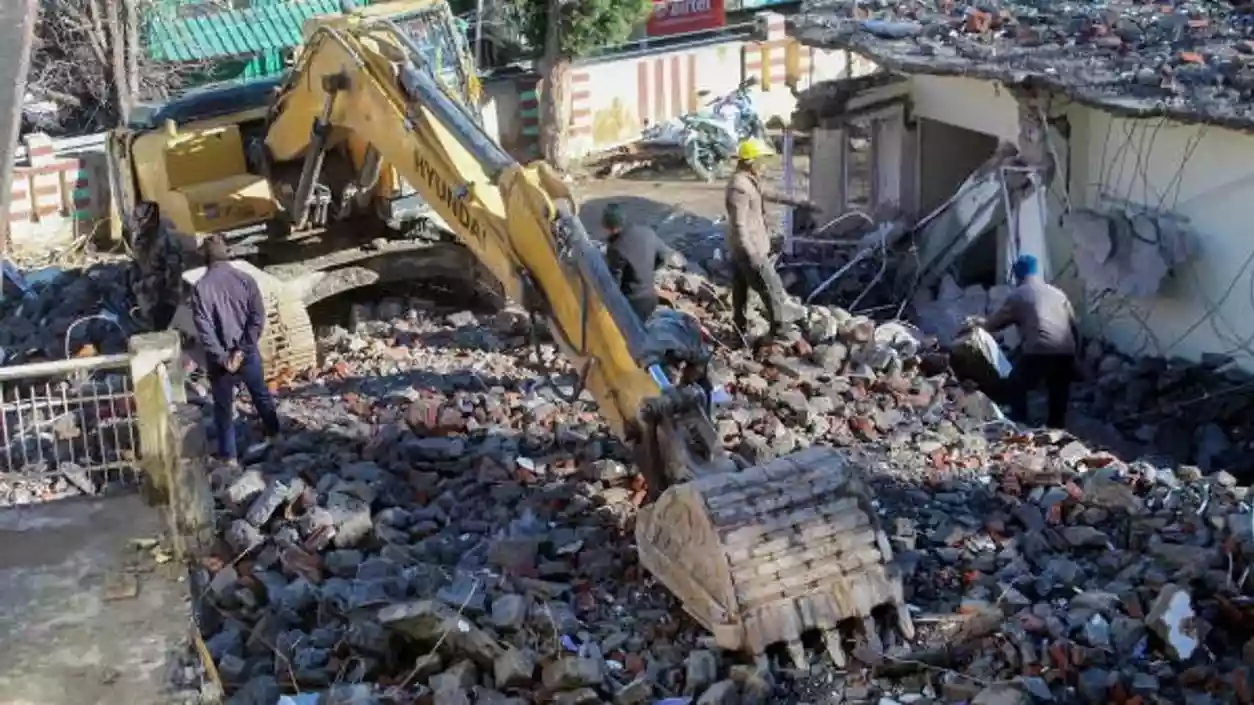Prashant Kishor arrested amid hunger strike over BPSC exam leak in Patna
.gif)
.gif)

The West Bengal state government has enacted significant changes in the process for approving building plans, transferring the authority from municipal councillors to municipal officers. The new regulation, introduced through an amendment to state law, aims to improve transparency, reduce delays, and address concerns regarding illegal construction in both urban and rural areas. The revised system will affect municipalities across West Bengal, including the Kolkata Municipal Corporation.
Under the new framework, the "Board of Councillors," which previously had the power to approve building plans, has been replaced by a special committee. This committee will consist of key municipal officers, including the executive officer, finance officer, engineers, and the municipal chairman, who will serve as the head of the committee. A councillor, nominated by the Board, will still be part of the committee, but their role will be supervisory, with no decision-making authority. The new system eliminates the need for the Board of Councillors to hold meetings for approval, which was often a time-consuming process.
The change was made in response to increasing concerns about the growing number of illegal constructions and the inefficiencies within the previous approval process. The state government aims to create a more efficient system where construction plans are evaluated by municipal officers, who are expected to have more technical expertise in reviewing and granting approvals based on established regulations. The new process is designed to ensure that building plans comply with zoning laws, urban planning codes, and other relevant criteria.
This shift will not only impact Kolkata but also apply to rural areas and smaller municipalities. The change centralizes building plan approvals across West Bengal, ensuring consistency and standardization in the evaluation process. It is expected that this approach will streamline approval timelines, reduce political interference, and provide a more structured method for handling construction activities in the state.
In addition to addressing illegal construction, the overhaul is seen as a move to improve accountability in the approval process. With municipal officers assuming greater responsibility, there is an expectation of more oversight, with officers directly accountable for their decisions. The new system also allows for easier monitoring of compliance with building regulations, offering a more organized approach to construction management in West Bengal.